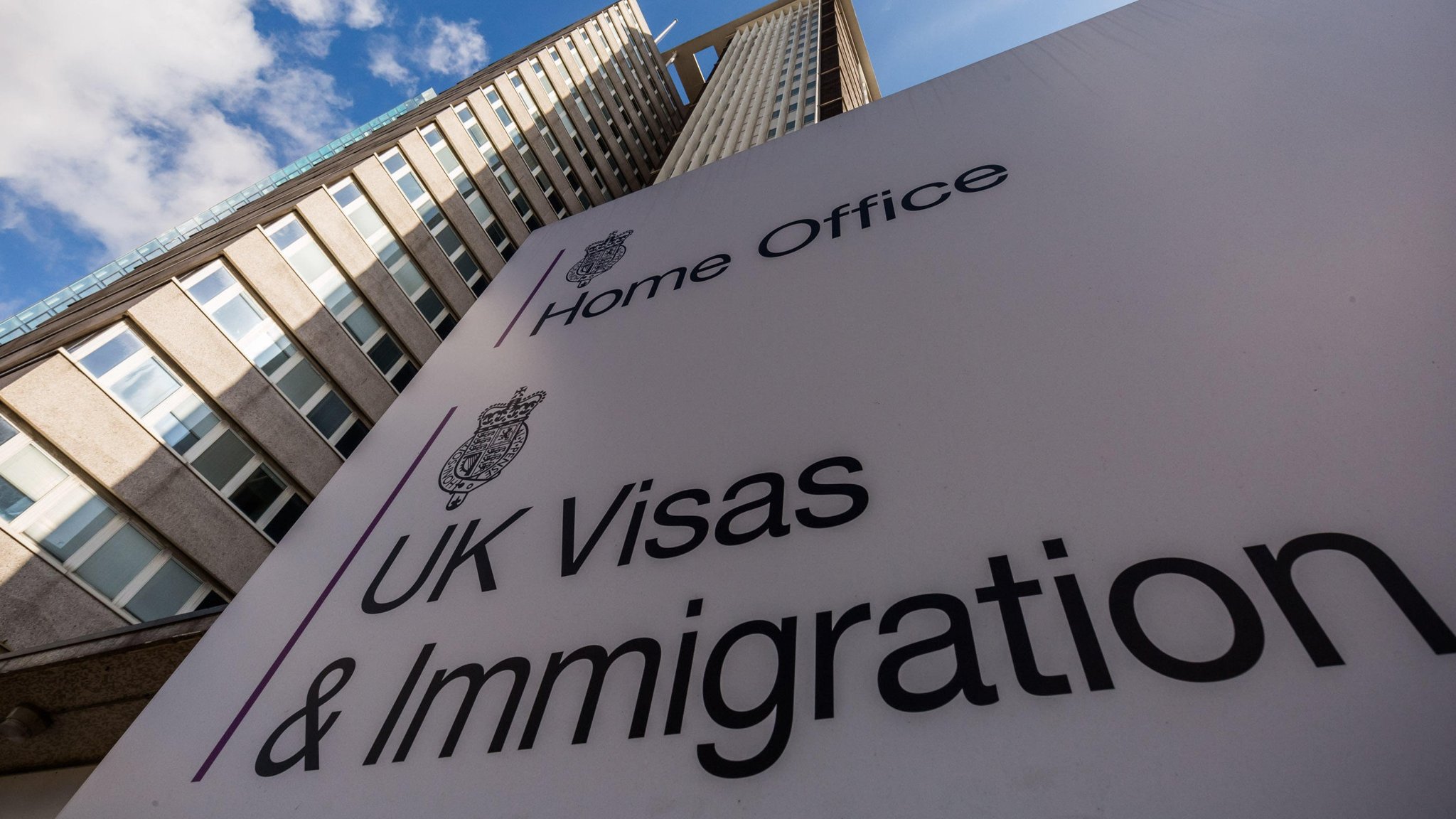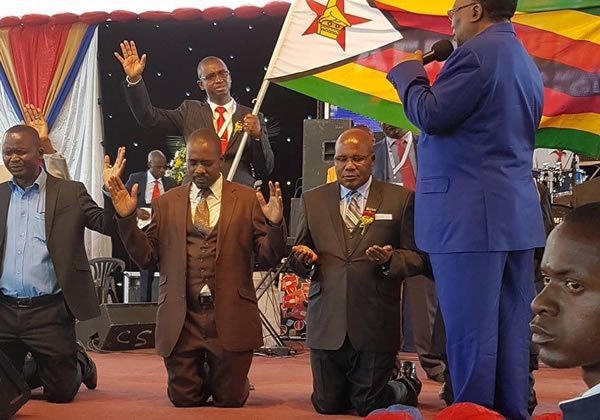By Gift Phiri
Many recall how Vice President Emmerson Mnangagwa has ad nauseum ad infinitum claimed there have been break-ins at his offices — five times to be precise.

The dodgy break-ins at the party and State offices of the former security chief with strong ties to the military and intelligence apparatus, genuinely raised alarm initially, but subsequently raised eyebrows about the motive.
Despite a massive police hunt, into which State security and police threw several agents, the perpetrators of the successive audacious break-ins are yet to be identified.
At the last break-in, at his Justice ministry offices at the beginning of this month, police came in, saw the evidence, and ruled out a suspected fifth break-in. Police spokesperson Charity Charamba said investigations showed no signs of forced entry into the VP’s office through the door, window or ceiling as claimed.
Yet Mnangagwa, in all righteous indignation, looked the nation straight in the eye and insisted he suspected foul play.
If apocryphal, it is definitely in character. Mnangagwa, with his colourful Karanga prose and melodrama, regularly embraces bad ideas or even invents fibs so totally that he convinces himself of their rightness. Others start to believe them too.
His outlandish denial, in his spat with David Coltart over inflammatory recorded statements he made during the Gukurahundi atrocities, uttered in a prepared statement, was that the human rights lawyer was spewing lies and malice against him.
He never suggested annihilation of the minority Ndebele even though the State-run Chronicle newspaper quotes the then minister in charge of the CIO in black and white in 1983 telling a rally that government was on a campaign against “dissidents”, referring to dissidents as “cockroaches” and the Fifth Brigade as “DDT”, a deadly pesticide used to kill vermin.
And the spin all have a purpose.
In each phase of his career, Mnangagwa has had a trope that he pushes so aggressively it can drive a citizen crazy. But they are fabulously incredulous and they keep the headlines on him alone, while inadvertently making him king of the issue despite his attempt to deflect attention from him.
One wonders why he does not just shut up.
In the wake of savage shellacking by First Lady Grace Mugabe over his alleged succession bid last month, Mnangagwa told Parliament in response to inquiries by MDC MP Nelson Chamisa whether all was well between him and the president’s wife, that there was no rift at all, he insisted, even as the powerful first lady launched a frontal attack on him at Kanyemba Secondary School in Chiweshe.
Mnangagwa’s recent bout of denials climaxed by his quackery in a recent politburo meeting, when he fatally refuted the link between him and the Team Lacoste faction. Asked by G40 luminaries what Lacoste meant, Mnangagwa claimed it was “a perfume”, triggering uproarious laughter even from the first lady.
In Parliament, he has shirked government responsibility for the disappearance of human rights activist Itai Dzamara, who the missing activist’s family and the opposition leader Morgan Tsvangirai insists was disappeared by the governing regime.
His persistent denials have undercut public confidence in his vice presidency. Mnangagwa has been more of a denialist than any other leader.
It kind of reminds one of Jamaican-American reggae artist Shaggy’s 2000 multi-platinum hit song It wasn’t me, in which the dancehall artist gave an outlandish excuse for infidelity; it wasn’t me, even after the wife caught him being intimate with the girl next door.
Of course, all leaders defend their record. But any leader who lacks empathy with his or her people demonstrates bad politics.
Taking pot-shots at Coltart’s biography, the VP has began “delegitimisation” against every conceivable form of criticism in the explosive book.
“The Vice President…wishes to communicate that all the statements attributed to him in this article are a total fabrication and that at no stage during the 1980s did he address a rally in Lupane nor did he at any other venue utter those words in the article in question,” Mnangagwa said in a statement.
It was a powerful and intuitive denial statement: It wasn’t me, I did not do anything wrong, Coltart just hates me! Coltart was turning up the volume on his decades-old obsession with him to a fever pitch, he suggested.
Mnangagwa has threatened Coltart with “appropriate action” to “address these false and malicious statements”.
And relishing the challenge, Coltart has told the VP to bring it on. These are exciting times indeed!
Mnangagwa’s statement responds to a particular political need. Delegitimisation is his answer and is using it in a futile bid to sideline any discussion of his alleged role in Gukurahundi.
It is no coincidence that these tropes are rooted in an existential threat to his bid to succeed 92-year-old President Robert Mugabe. It seems Mnangagwa doesn’t care if his denial chimes or resonates with the public.
Critics say he has defiled the Gukurahundi, which is emotive for the Ndebele people, with absurd historical inaccuracies and feeble denials. Even his supporters will wither in the face of this blatant distortion of history, right? Probably not.
Mnangagwa knows what he is saying and the Zimbabwean public knows what happened.
Perhaps Ngwena, as Mnangagwa is fondly called, should have said in 1982 a number of so-called “dissidents” began staging attacks and robberies in various areas in the country. This is fact.
According to the Catholic Commission for Justice and Peace (CCJP) report, these “dissidents” were not a unified group: some were former-Zipra combatants who felt they were not well treated within the new, integrated army in the 80s; others had been secretly trained by South African agents to destabilise the new independent government; still others may have been “common” criminals.
True, there is no conclusive evidence suggesting that the various dissident groups were part of a large-scale, organised plot to overthrow the Zimbabwean government.
Nor were the “dissidents” numerous; according to the CCJP-Legal Resources Foundation (LRF) report, probably no more than 400 of them were active at any one time.
The Zanu-dominated government, however, responded as though the dissidents were mounting a major insurrection.
It directed State security forces to take counter-insurgency measures, and to repress the Ndebele-speaking civilian population in the Matabeleland and Midlands regions of the country, where the dissidents were most active.
The government, through the likes of Mnangagwa — if the Chronicle report is anything to go by — justified the repression of civilians on the grounds that Ndebele-speaking civilians supported the dissidents, although there was very little substantial evidence to uphold this claim.
True, various dissident groups committed a number of serious human rights violations, including rape and murders of civilians.
According to CCJP-LRF report, however, the human rights violations committed by the State security forces vastly exceeded those committed by the “dissidents.” Security forces, particularly the notorious Fifth Brigade, carried out arbitrary executions, forced disappearances, beatings, rape, and torture of thousands.
This was supposed to be Ngwena’s response to Coltart’s book; he should have hyped this as the sole reason for the State-led Gukurahundi violence. That and nothing else. Not the infantile threats he is hawking against Coltart.
That explanation could have worked for Ngwena.
Firstly, as mentioned, it explains the violence to the satisfaction of the bulk of the public and justifies government’s response: everything is self-defence.
Secondly, it contains the existential threat that is the core of all of his themes. Mnangagwa must have justified government’s 80s policies and it could have helped him get elected president.
Dealing with dissidents could become fair game for political sloganeering 33 years after the deed.
As a lawyer, Mnangagwa surely knows the statute of limitation that aggrieved persons only have three years to sue newspapers or other publications for defamation, in this case up to April 4, 1986 given that the Chronicle reported his remarks on April 5, 1983. The Chronicle story is now an unchallenged record of events that cannot be challenged 33 years later!
Mnangagwa’s feeble denial eats away at his electoral appeal, partly by escalating rhetoric unnecessarily and reopening old wounds.
His denial words had hardly left his mouth before Coltart trounced them; insisting on Ngwena’s guilt for the mass murder incitement, citing his inflammatory rhetoric quoted in the Chronicle.
Maybe this time, Ngwena has been truly chastened. He has far too quickly provided a clarification that has been billed as a partial rowing back of his alleged role.
He will probably not get away with it and this marks a new low for him.
It remains to be seen if he can weather the storm. His threatened lawsuit against Coltart risks reopening the explosive Gukurahundi issue and expose many unknown details about his alleged role as claimed by Coltart.
The price of Mnangagwa’s denial could cost him his legacy as a strong manager and a good potential successor. Sometimes leaders just need to take responsibility. Daily News






